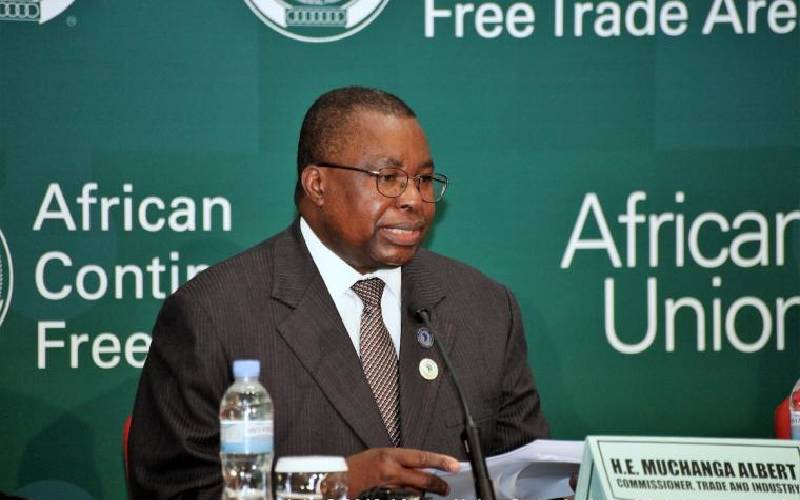 On May 30, the African Continental Free Trade Agreement (AfCFTA) came into effect and the opportunities for a brighter future are already clear. Albert Muchang, the African Union’s commissioner for Trade and Industry tweeted last week: “Historic milestone! #AfCFTA Agreement has today come into force. We celebrate the triumph of bold, pragmatic & continent-wide commitment 2 economic integration.”
On May 30, the African Continental Free Trade Agreement (AfCFTA) came into effect and the opportunities for a brighter future are already clear. Albert Muchang, the African Union’s commissioner for Trade and Industry tweeted last week: “Historic milestone! #AfCFTA Agreement has today come into force. We celebrate the triumph of bold, pragmatic & continent-wide commitment 2 economic integration.”
He is correct. The free-trade area is the largest in the world in terms of participating countries for the last 25 years. Once Nigeria joins – as is expected – it will create a single market of goods and services for 1.2 billion people, with a combined GDP of over $2 trillion.